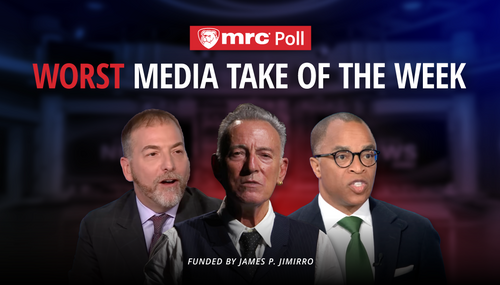Showing once again that its opinion pieces serve a dual purpose as a news source, a Monday Wall Street Journal editorial noted that Democrats have quietly dropped a central plank of their successful 2006 effort to gain a congressional majority (HT Hot Air):
Late last week the leader of the House Blue Dog Coalition, Tennessee Democrat Jim Cooper, announced that with Barack Obama about to enter the White House, "I'm not sure the old rules are relevant anymore." Why not? Because, Mr. Cooper said, "It would be unfair to the new President to put him in a budget straitjacket."
Democrats ran on "paygo" in 2006, promising to offset any new spending increases or tax cuts with comparable tax increases or spending cuts. Once in charge on Capitol Hill they quickly made exceptions, waiving paygo no fewer than 12 times to accommodate some $398 billion in new deficit spending -- not that the press corps bothered to notice.
The Journal then goes on to explain what Paygo was really all about:
Paygo was always a big con designed not to reduce spending but to stop tax cuts. It was invented to stop the GOP Congress and then a Republican President, but it is inconvenient when Democrats run the show. With the recession available as an excuse for just about anything, get ready for the first $1 trillion federal budget deficit. And don't expect any howling from the Blue Dogs.
Reinforcing the Journal's point about paygo media coverage, a Google News search on the terms returns no results from a major traditional media source. A New York Times search on the term also shows no recent coverage. But when sorted from newest to oldest, the Times's first result goes to the transcript of a March 27 speech by then-candidate, now president-elect Barack Obama. In that speech, on "Renewing the American Economy," Obama made a statement diametrically opposed to Congress's official, but often violated, stance:
I know that making these changes won't be easy. I will not pretend that this will come without costs, although I have presented ways we can achieve these changes in a fiscally responsible way. I believe in PAYGO. If I start a new program I will pay for it.
The all caps in "PAYGO" is, I would suppose, some kind of indicator of how strongly Mr. Obama believes in the idea.
If Obama wants to defy his party's apparently imminent switch and stick with paygo, it will take quite a bit in new taxes to pay for his spending plans. The Republican National Committee's Obama Spend-o-meter shows almost $1.3 trillion in new spending programs proposed by Obama during the campaign.
Cross-posted at BizzyBlog.com.




